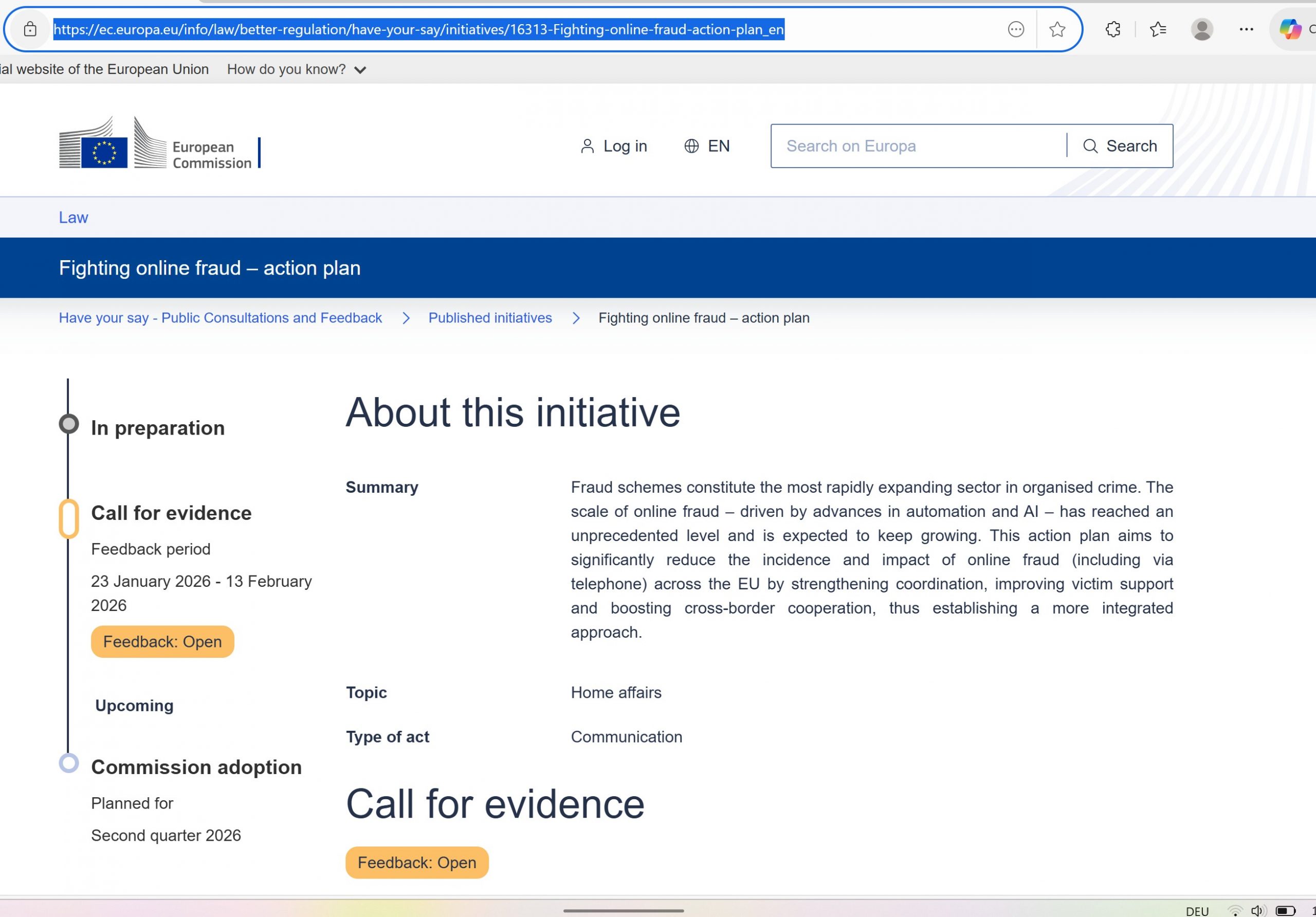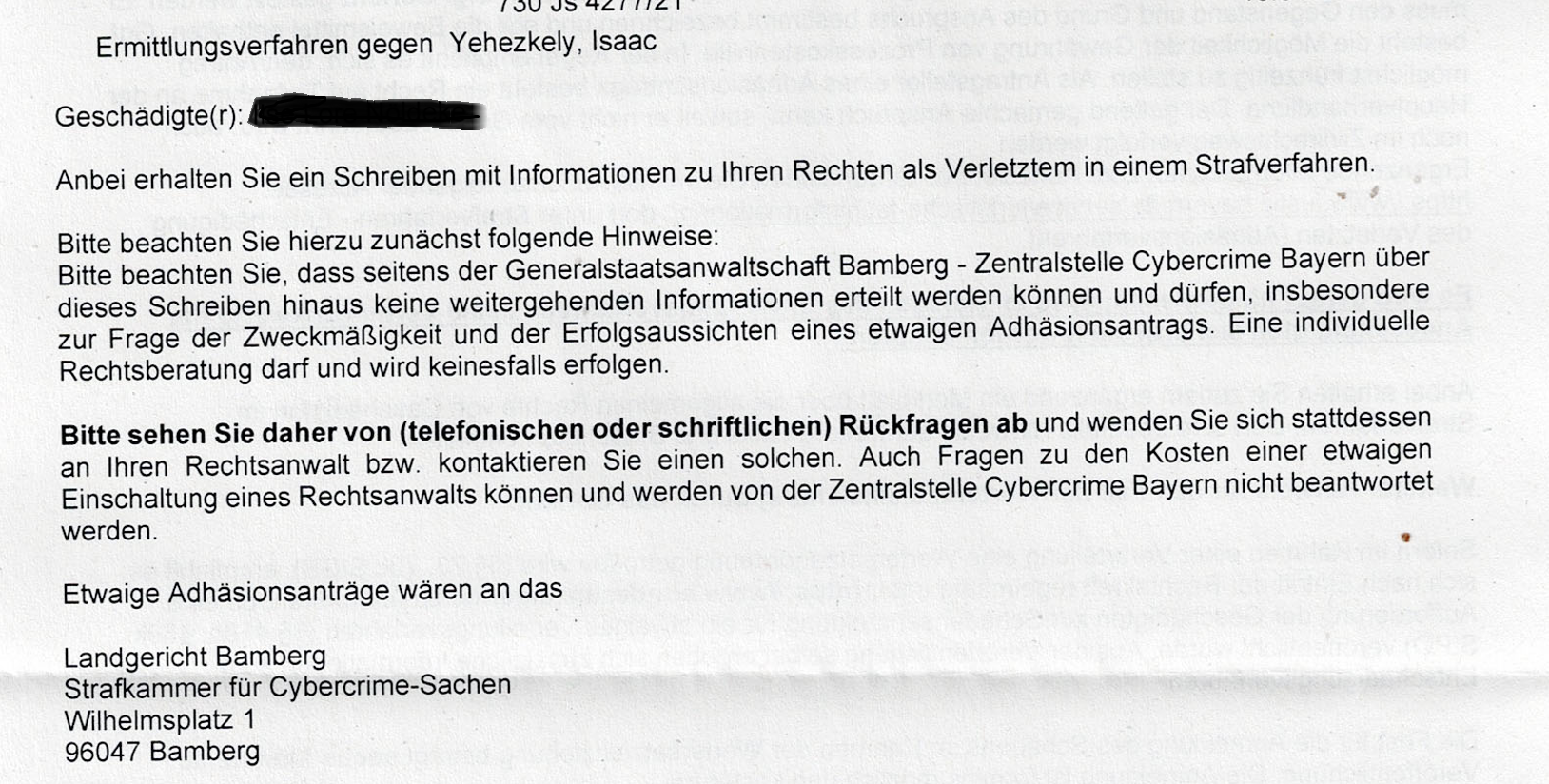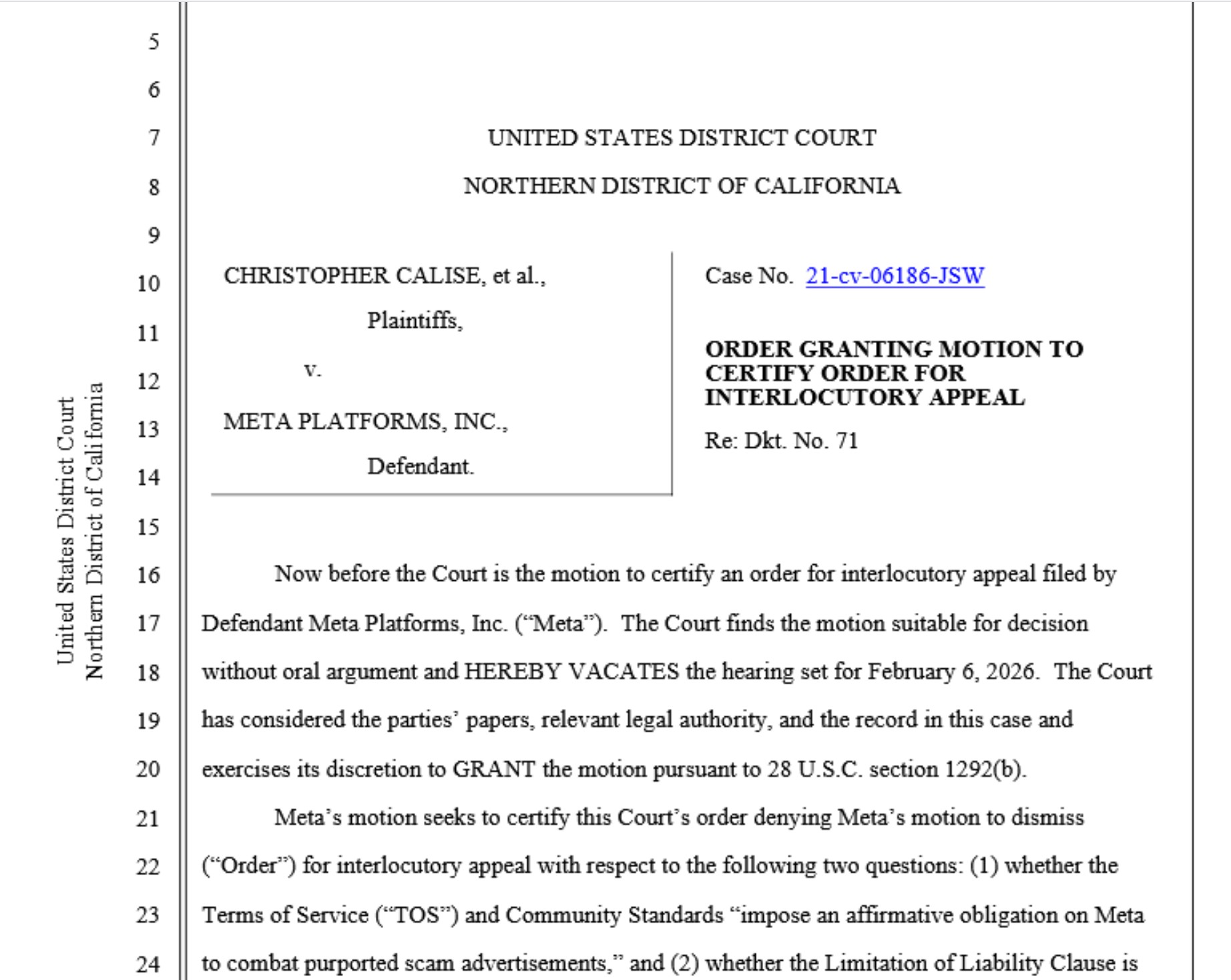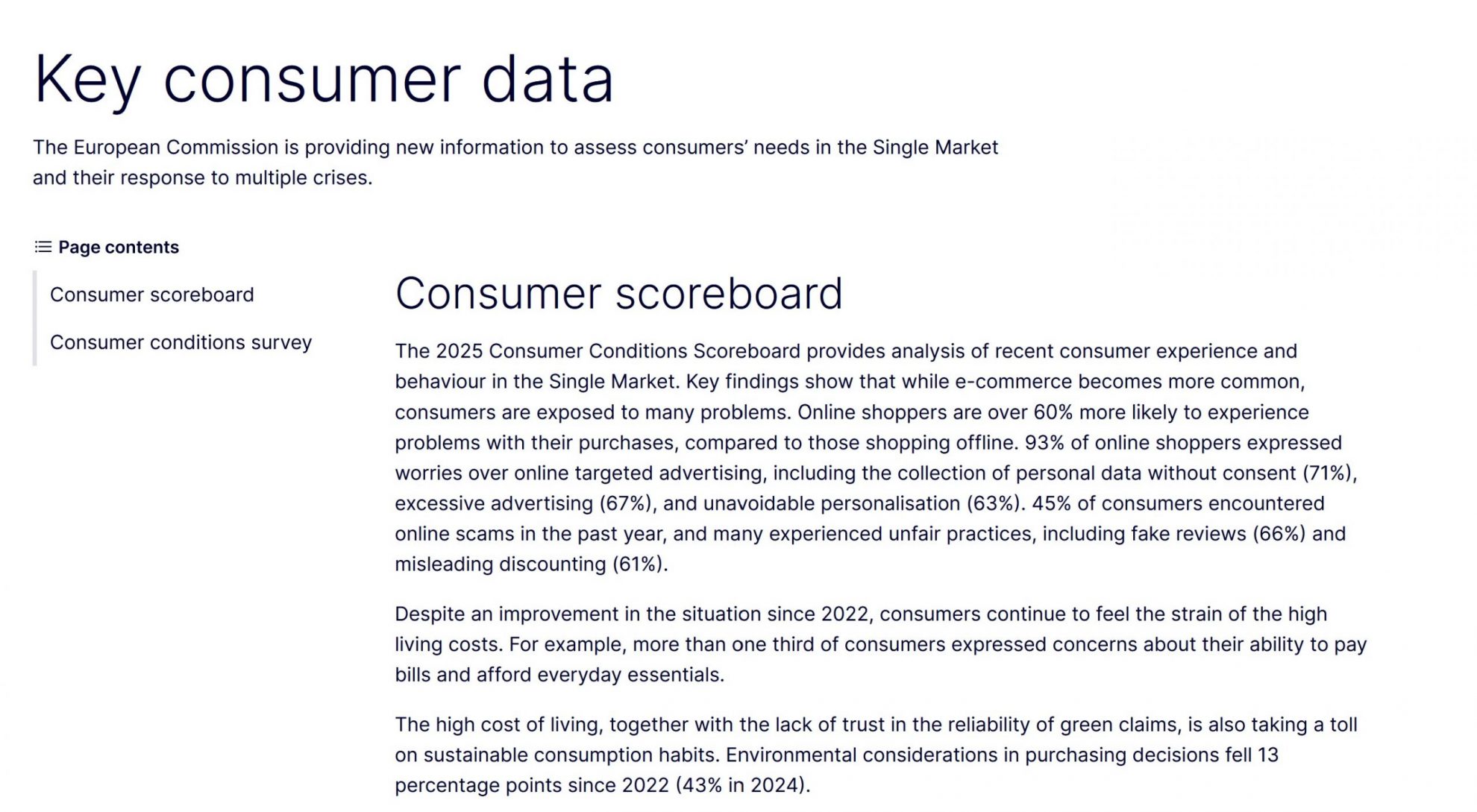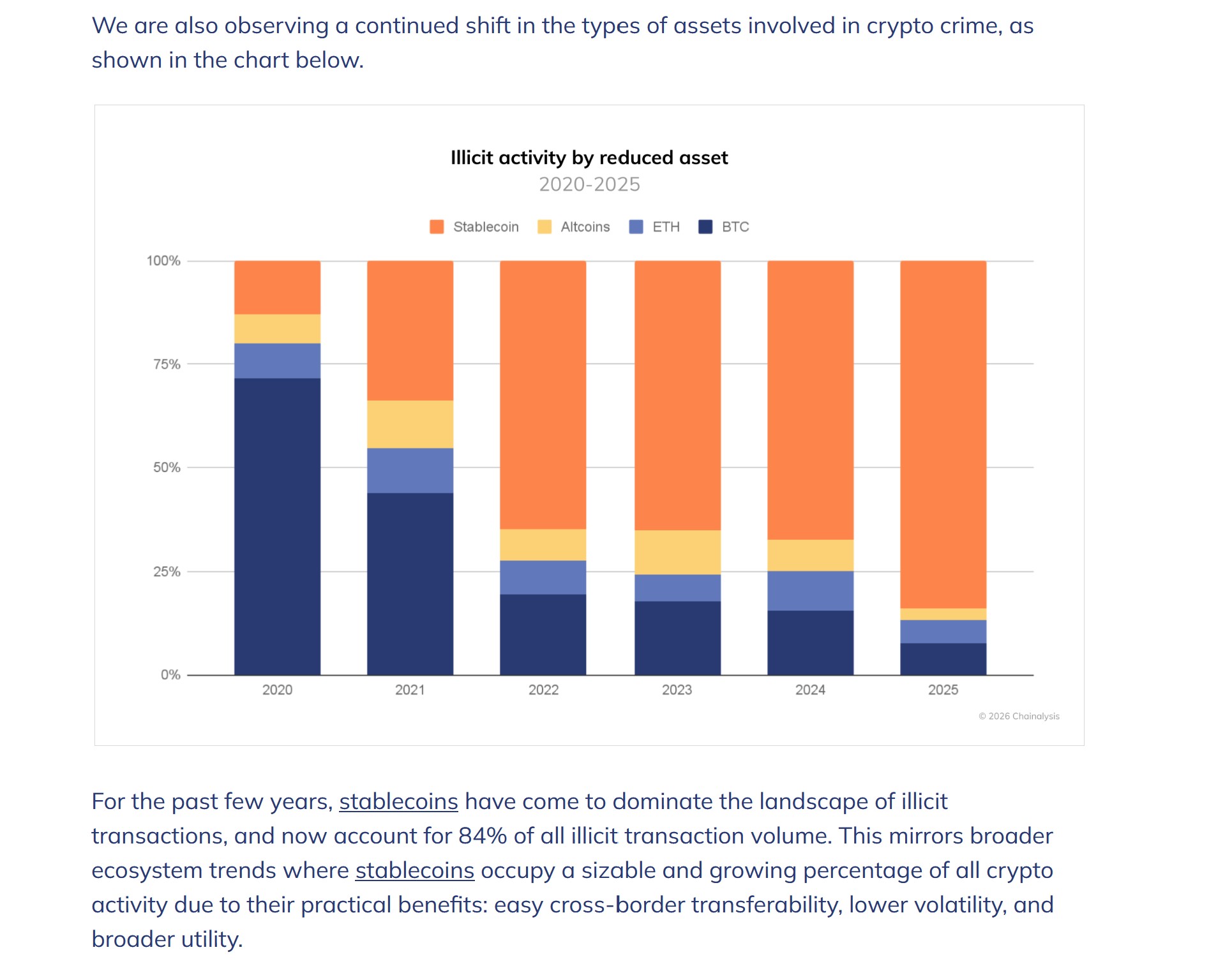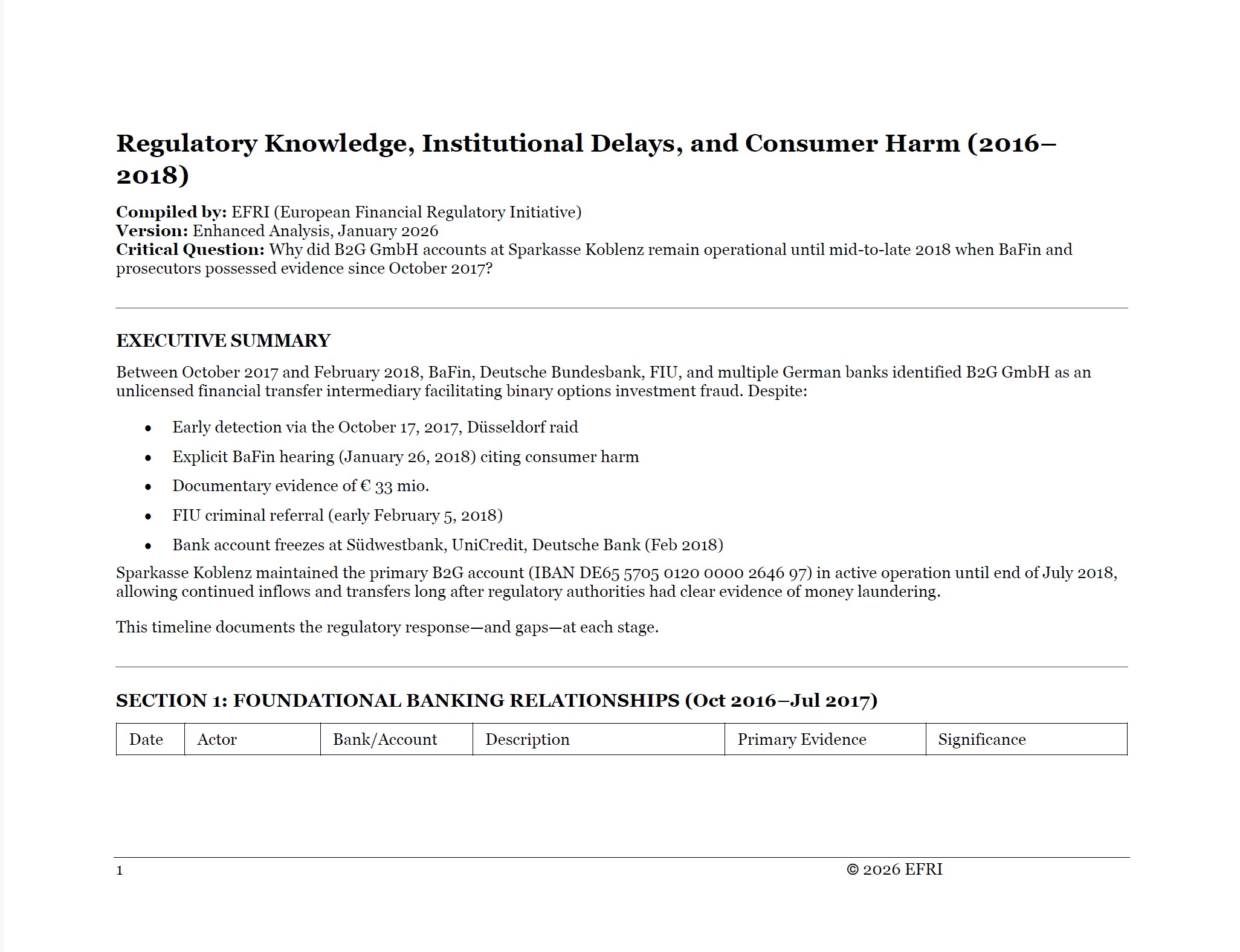On 22 February 2024, the EU Council and the EU Parliament voted 28 to 26 to establish the new Anti-Money Laundering Authority in Frankfurt, Germany. This authority, anticipated in the highly regarded EU Anti-Money Laundering (AML) Package, is expected to play a crucial role in combating money laundering within the European Union.
In the EU parliament’s press release, the co-rapporteurs Emil Radev (EPP, Bulgaria) and Eva Maria Poptcheva (Renew, Spain) said, “AMLA will be a game-changer in cracking down on dirty money in the EU. It will supervise the riskiest financial entities, oversee the non-financial sector, and play a crucial role in stopping evaders from circumventing targeted financial sanctions”.

After engaging with German authorities and banks regarding money laundering in Germany for over four years (referencing cases like Wirecard, Deutsche Bank, and Deutsche Handelsbank), we are convinced that Germany has been, and continues to be, a haven for scammers and their money laundering activities.
Germany is undoubtedly among the countries with the poorest record in combating money laundering within the European Union.
Our personal view is that the EU’s future anti-money laundering watchdog should be established in a country with an exemplary track record in combating money laundering. However, it is evident that the European authorities have decided otherwise.
For us, it is undoubtedly a peculiar decision to commend Germany’s efforts in addressing the money laundering issue by situating what is purportedly the most significant European authority for this matter in Frankfurt, Germany. Perhaps they believe that adopting a ‘fox in the henhouse’ approach is suitable.
We will observe how this unfolds, but currently, we harbour significant reservations regarding the appropriateness of this ‘putting the fox in the henhouse’ approach.”
The AMLA regulation is part of a broader package of laws aimed at reforming the EU’s framework for combating money laundering and terrorist financing. Now that the entire package has been provisionally agreed upon between the Parliament and the Council, it needs to be formally adopted by both before it can be enacted into law. Parliament is expected to vote on its final approval in the plenary session from April 22 to 25.
Once adopted, the AMLA regulation will apply from July 2025. Before then, the European Commission is responsible for establishing the Authority and for its initial operations.


